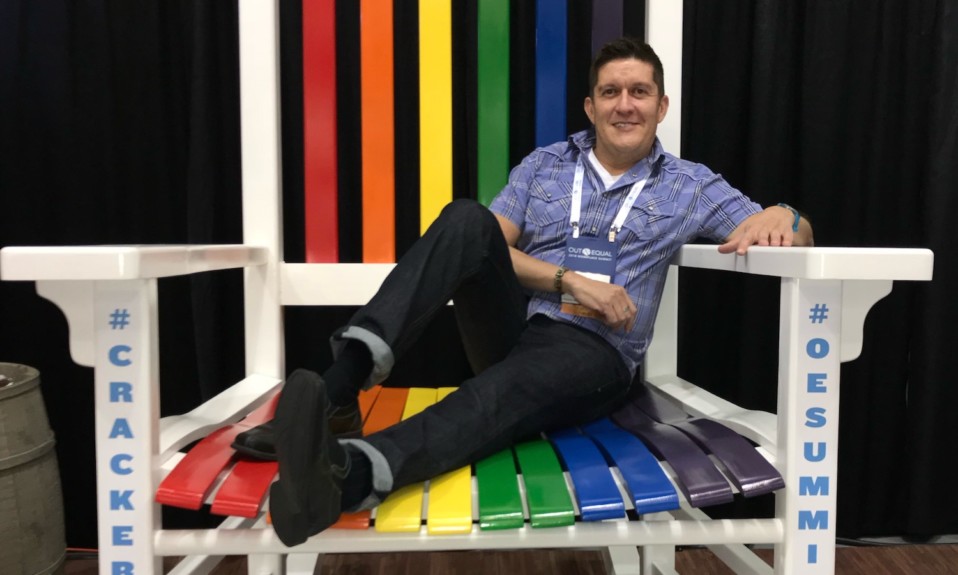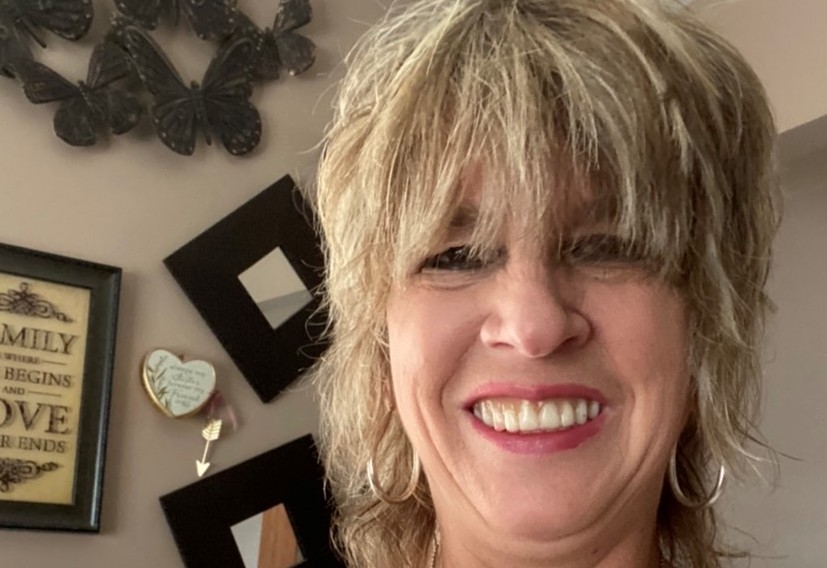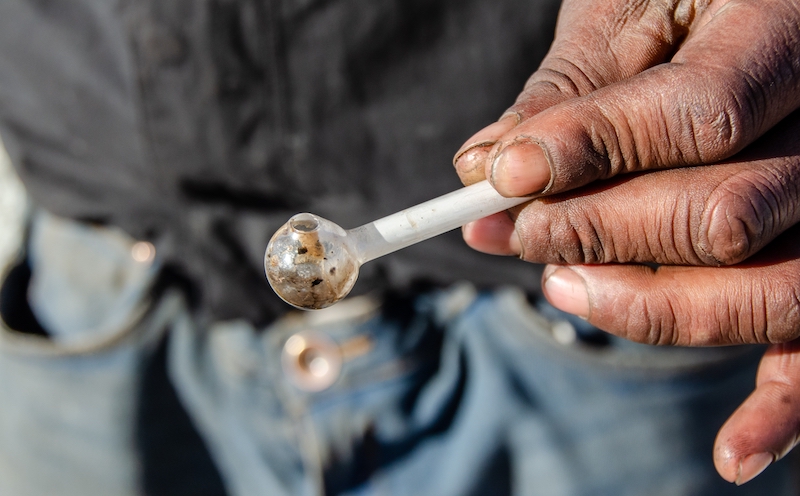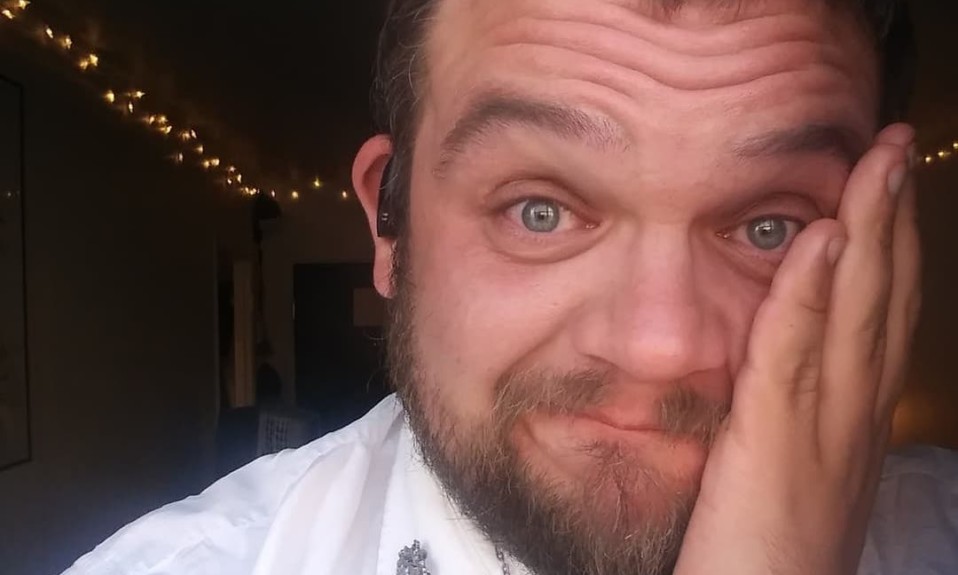Paul Pino’s fate as an alcoholic seemed sealed, but he somehow made it to a healthier path
Editor’s note: “The Turning Point” is a column focused on the moment or moments when our subjects realized they needed to seek addiction treatment.
By Veronica L. Holyfield
Paul Pino comes from a lineage of heavy drinkers. And while he swore he would never become like his father—an alcoholic who was emotionally abusive—the allure of letting go and having fun was too strong to withstand, and by junior high, he was already experimenting.
His father had been to inpatient treatment numerous times and finally was in recovery when Pino started drinking. Nevertheless, he took the liquor bottle like it was a baton passed from one generation to the next. As a shy kid, he found courage in the liquid. He says it made him outgoing, funny and charismatic. From his vantage point, it transformed him into a more desirable version of himself.
Wanting to fit in, he increased his drinking through college. Eventually he was kicked out due to an extremely poor GPA. Pino transferred and ultimately graduated, but the stress and anxiety of entering the workforce shifted his drinking from something that seemed fun to a necessity. As his alcohol use continued to escalate, Pino started to experience troubling, intense thoughts that he’d never had before.
“The part that really screwed me up is that it started to affect my mind,” Pino says. “[One time] I was drinking and I was in the shower because I was going to go out. I don’t know why, but I just started to get so sad, and I started to cry. I decided I was going to take a buttload of pills and kill myself; that was my first attempt.”
Having reached out to a friend and family member shortly before passing out, Pino was taken to the emergency room, where his stomach was pumped. Although he stopped drinking for a couple of months, it would take many more years of drinking and traumatic events for him to finally arrive at a point of desperation.
I would always stock up on my wine and come home and drink, but it took more and more alcohol to get that buzz I really enjoyed. I would be staggering, falling all over the place, and I didn’t care, just as long as I had that good feeling in my head.”—Paul Pino, recovering alcoholic
The Seeds of Desperation
Paul came out as gay in his early 20s, and he says that was a difficult time for him and his family. He grew up Catholic and carried a lot of guilt about who he was, partially because he was very connected to his faith. While he had been open about his sexuality with his friends, he kept it secret from his family out of fear of rejection and exile.
“I woke up one morning and I looked at myself in the mirror and I couldn’t stand myself,” he says. “I was like, ‘I have to tell the truth.’ I remember her being so upset [after he told his mother], and that broke my heart. I said to her, ‘I had to tell you,’ and she said, ‘No, you didn’t. You could have just kept that secret your whole entire life.’”
He says his drinking increased significantly after that, partly due to the conversation with his mother and his feelings of shame and embarrassment. But his heavy partying was also due in part to the places where many queer folks hang out and meet up. He says that partying was the cool thing to do as a young and single gay person, and while he met some great men over the years, he feels his alcoholism is what inevitably would drive them away
Yet his alcohol consumption continued to increase, as did his risky behavior. Pino recalls acting recklessly after only a couple drinks, his judgment washed away by the alcohol. He even wrapped his car around a telephone pole one night. He started doing things he never imagined. After all the alcohol was polished off at a party at his home, for instance, he walked around and finished leftover drinks at neighboring house parties. Pino found himself changing from a fun-loving and socially comfortable version of himself into an irritating and obnoxious drunk.
By the time he reached his 40s, Pino preferred to stay home and drink alone, partly because he didn’t want to risk getting a DUI but mostly because he could consume alcohol the way he wanted to, without being concerned about judgment or disruption.
“I would always stock up on my wine and come home and drink, but it took more and more alcohol to get that buzz I really enjoyed. I would be staggering, falling all over the place, and I didn’t care, just as long as I had that good feeling in my head,” Pino says. “I loved that numbness, because I didn’t have to worry about anything, even though I had, like, a million problems I needed to take care of personally.”
Pino used his observations of his father’s alcohol use as a measuring stick. Since he didn’t drink in the morning as his dad had, he reasoned that he wasn’t a true alcoholic. That’s not me. Until it was. He avoided alcohol in the daytime for as long as he could, but the cravings were getting too strong and the morning hangovers too extreme. He began to negotiate with himself, which always resulted in drinking more than he planned.
My back was hurting—I think my kidneys were bothering me—and I had that dry mouth and pounding head, and I remember screaming out really loud, asking God to either let me die or help me find a way to get through this.”—Paul Pino
“I was like, ‘Okay, just have one glass of wine, Paul, and you’ll be fine. Just get your head straight.’ And then it turned into two or three. Then it turned into me calling in sick to work. Then drinking the rest of the day. It sometimes would be three to four days of drinking,” he says. “It was horrible because that was it—all I was doing was drinking. It wasn’t fun anymore, you know. It wasn’t making me feel good.”
A Near-death Experience
Though he never lost a job due to his drinking, his personal life had disintegrated. After a terrible fight with a man he was dating, he decided he was done with it all and wanted to truly end his life. He started off his morning bender with a half-dozen Bloody Marys and segued into a lunch of margaritas. Pino then stopped at a liquor store to buy a couple more bottles of margaritas before heading up to a mountain pass near his house. He was going to drive his car off the cliff.
On his way up the mountain, his “low gas” light came on, and he thought, I can’t kill myself without gas. So, he drove back down the mountain to look for a gas station. After filling his tank, he realized that he was too drunk to remember how to get back to the cliffside, and he decided just to go home. On his way, Pino was involved in a car accident with another drunk driver, and after being extricated from his vehicle by a jaws of life, he was taken to the hospital.
He escaped the accident with only scrapes and bruises. But while in the ER, he told the workers that he had driven up the mountain with the intention of ending his life. After spending 14 days in the psychiatric unit, he realized that his depression and suicidality were being exacerbated by his drinking.
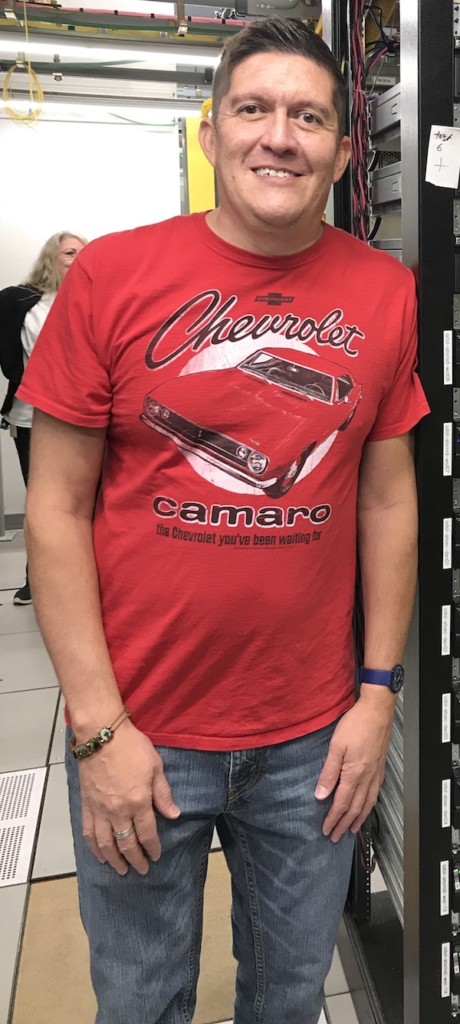
Pino promised himself he would never drink again. He started going to church regularly but wasn’t involved in any kind of recovery or treatment program. Although he maintained three years of continuous sobriety, he calls it one of the most miserable times in his life. All it took was the death of a close family member for him to start drinking again. He kept drinking, all day every day, for the next three weeks.
“It was bad,” he says. “That final day, I was in my bedroom, and I woke up and felt miserable. My back was hurting—I think my kidneys were bothering me—and I had that dry mouth and pounding head, and I remember screaming out really loud, asking God to either let me die or help me find a way to get through this.”
The Turning Point
Desperate, Pino called a rehab facility, but there was no availability. He then call a friend who was a recovering alcoholic, and she suggested he go to the ER and get something to help with the withdrawal symptoms. After he was able to calm his shaking hands, he took the next suggestion given to him by his friend: He attended his first Alcoholics Anonymous meeting.
“I pulled into the parking lot, and from my car to the front door it was probably like 20 feet, but it felt like five miles,” he recalls with a laugh. “I opened the door and heard people laughing. I sat down, and it was a Big Book reading. The whole time, I was just sitting there thinking, These people do not know what I’m going through. These people have never experienced my difficulties. They probably don’t drink as much as I do. But I sat there and listened, and they read out of the Big Book, and there were parts that I really felt I could relate to. I was like, Shoot, who stole my story?”
In that moment, Pino finally was at peace and able to fully surrender. He no longer felt as if he had to do it alone; he had the support of his friend, his now-sober father and other alcoholics in recovery inside the rooms of Alcoholics Anonymous. Now, after five years of continuous sobriety, having worked the 12 steps and counseled others in the program as a sponsor, he has found a connection back to God and, for the first time, to himself.
“I’m following my heart, because it was everybody else’s heart I followed [before],” he says. “Whatever they wanted to make them happy, I did it. And now I’m doing things that are not really big things, but they feel good.”


